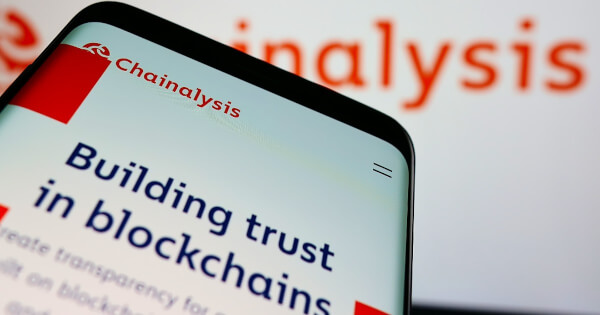How Japan Reinvented Crypto Regulation After the Mt. Gox Disaster
From ashes to accountability—Japan's crypto crackdown rewrote the rulebook.
When Mt. Gox imploded in 2014, it vaporized $460M in Bitcoin and exposed regulatory gaps wide enough to drive a digital truck through. Fast forward to 2025: the Financial Services Agency (FSA) now runs the tightest crypto oversight regime this side of Switzerland.
The Phoenix Protocol: How Japan Got Tough
Mandatory exchange licenses. Cold storage requirements. Real-name verification so strict it'd make a Swiss banker blush. The FSA didn't just plug holes—they built a vault.
Results? Zero major exchange hacks since 2018. Retail investor protections that actually work (take notes, SEC). And somehow, they did it without choking innovation—Japan's crypto trading volume still ranks top-5 globally.
The irony? While Western regulators still debate 'guidance,' Japan's playing 4D chess. Their secret? Treating crypto like what it is—money—not some exotic asset class needing special coddling.
Of course, no system's perfect. Compliance costs crushed smaller players, and let's not pretend the banking cartels didn't get their pound of flesh. But when the next crypto tsunami hits? Bet on Japan's seawalls holding while others get swept away.

In the wake of the infamous Mt. Gox collapse, Japan has emerged as a global leader in cryptocurrency regulation. The Japan Financial Services Agency (JFSA) has been at the forefront, adapting and evolving its regulatory framework to address the rapidly changing landscape of digital assets. This evolution is detailed in a discussion between Ryosuke Ushida, Chief FinTech Officer at the JFSA, and Chengyi Ong, Head of Policy (APAC) at Chainalysis, as part of the Public Key podcast series from Chainalysis.
Japan's Regulatory Response to Mt. Gox
The collapse of Mt. Gox in 2014, which resulted in the loss of nearly $500 million worth of Bitcoin, served as a catalyst for Japan to develop a comprehensive regulatory framework for cryptocurrencies. Recognizing the need for stringent oversight, the JFSA implemented a licensing regime for crypto service providers in 2016, making it one of the first regulators globally to do so.
Ryosuke Ushida elaborates on how the JFSA has continued to refine its approach, introducing measures such as the cold wallet requirement in 2019 to protect investors' assets from cyber threats. This requirement mandates that customer assets be stored in an offline environment, insulating them from potential hacks.
Innovative Regulation and Global Influence
Japan's proactive stance has influenced international regulatory standards, with many jurisdictions looking to its model as a benchmark. Ushida notes that while being an early mover has its advantages, such as setting global standards, it also presents challenges. The fast-paced nature of the crypto industry often requires jurisdictions to continuously update regulations to stay relevant and effective.
Japan's efforts extend beyond national borders, as the JFSA collaborates with international bodies like the Financial Action Task Force (FATF) to harmonize global crypto regulations. This international cooperation is crucial for addressing issues such as cross-border transactions and preventing illicit activities involving cryptocurrencies.
Future of Crypto Regulation and Innovation
Looking forward, Japan aims to strike a balance between fostering innovation and mitigating risks in the crypto space. The JFSA, alongside other governmental agencies, is working to integrate blockchain technology across various sectors, from finance to intellectual property, to enhance Japan's digital infrastructure.
Japan's stablecoin regulatory framework, one of the first globally, highlights the country's commitment to creating a secure environment for digital assets. As stablecoins gain traction, the JFSA continues to refine its approach, ensuring that these digital currencies can be safely integrated into the financial ecosystem.
For more detailed insights, the full discussion between Ryosuke Ushida and Chengyi Ong can be accessed on the Chainalysis website.
Image source: Shutterstock- crypto regulation
- japan
- mt. gox

